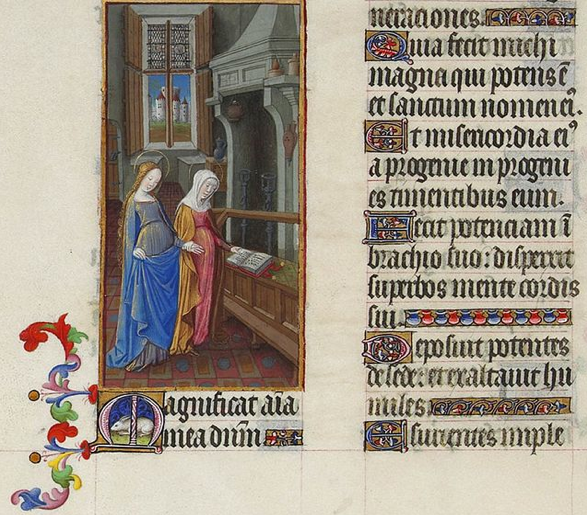“They warn us that we are on the “wrong side of history.” They insist that we will be judged by future generations the way we today judge those who championed racial injustice in the Jim Crow South. But history does not have sides. It is an impersonal and contingent sequence of events, events that are determined in decisive ways by human deliberation, judgment, choice, and action. The future of marriage and of countless human lives can and will be determined by our judgments and choices—our willingness or unwillingness to bear faithful witness, our acts of courage or cowardice. Nor is history, or future generations, a judge invested with god-like powers to decide, much less dictate, who was right and who was wrong. The idea of a “judgment of history” is secularism’s vain, meaningless, hopeless, and pathetic attempt to devise a substitute for what the great Abrahamic traditions of faith know is the final judgment of Almighty God. History is not God. God is God. History is not our judge. God is our judge.
One day we will give an account of all we have done and failed to do. Let no one suppose that we will make this accounting to some impersonal sequence of events possessing no more power to judge than a golden calf or a carved and painted totem pole. It is before God—the God of truth, the Lord of history—that we will stand. And as we tremble in His presence it will be no use for any of us to claim that we did everything in our power to put ourselves on “the right side of history.” ” Robert P George
Also, here are three wise men also discussing the common trope of being on the wrong side of history:







